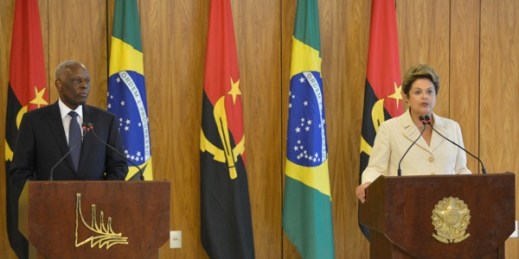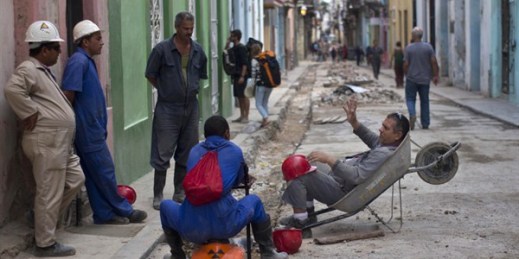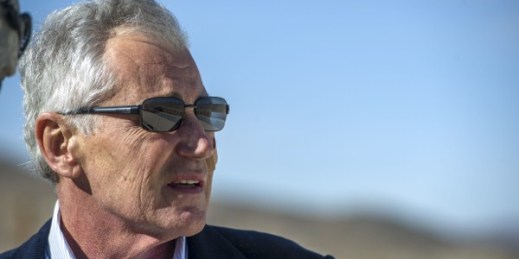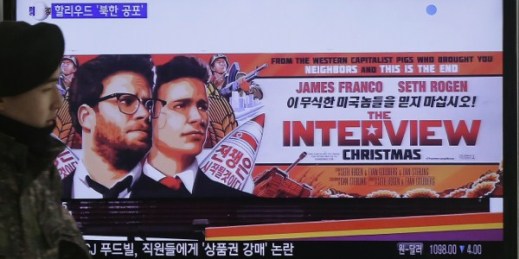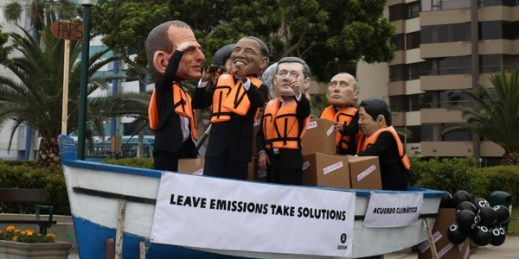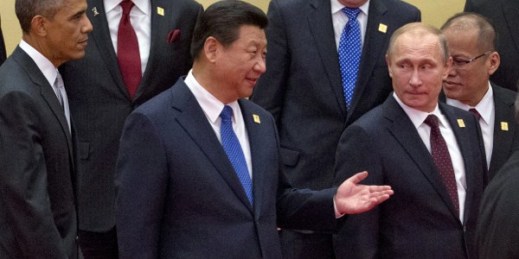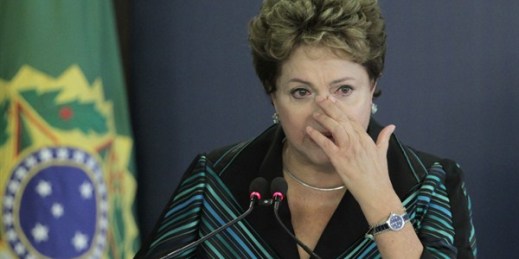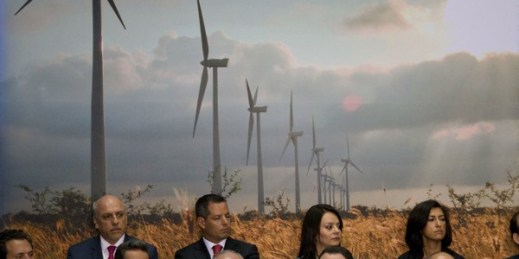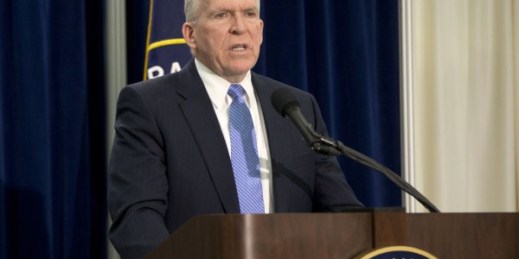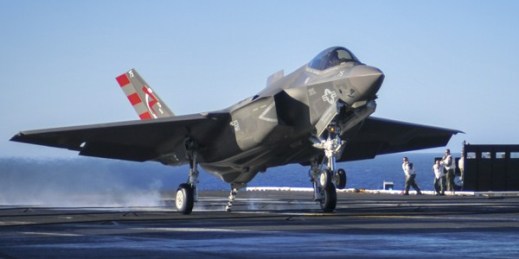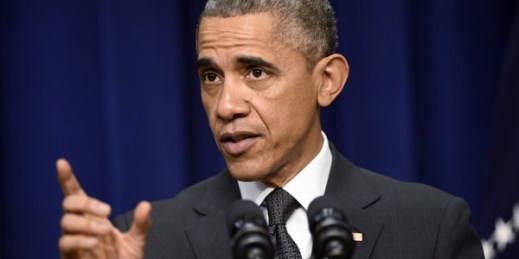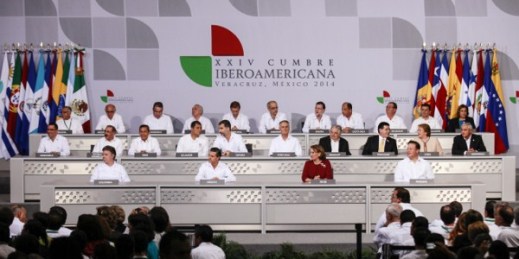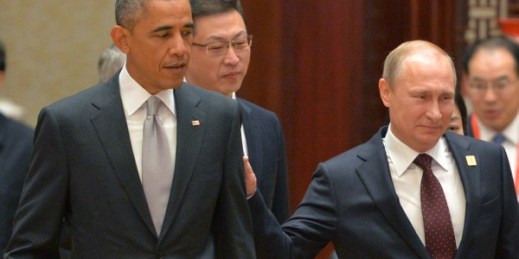
It is traditional to pen one’s last column of the calendar year as a retrospective of key events that have occurred over the last 12 months, along with predictions for the coming year. I would like to alter tradition to expand the scope of my inquiry—to compare expectations as they stood two years ago, on the eve of U.S. President Barack Obama’s second inauguration, and to contrast that with the situation we face today. U.S. foreign policy has undergone several tectonic shifts, in a seemingly haphazard and unplanned fashion. Yet the fallout will shape the global strategic environment and constrain […]

